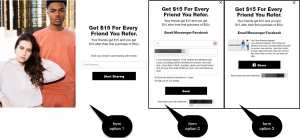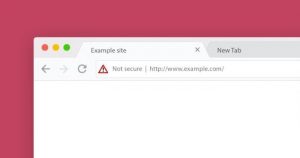— March 13, 2019
Marketing a small business is dependent on context – I’ll go over some of the considerations for different fields. It’s crucial to establish the type of business, it’s target audience, the value proposition (in terms of services or products sold) and the most appropriate and successful selling channels.
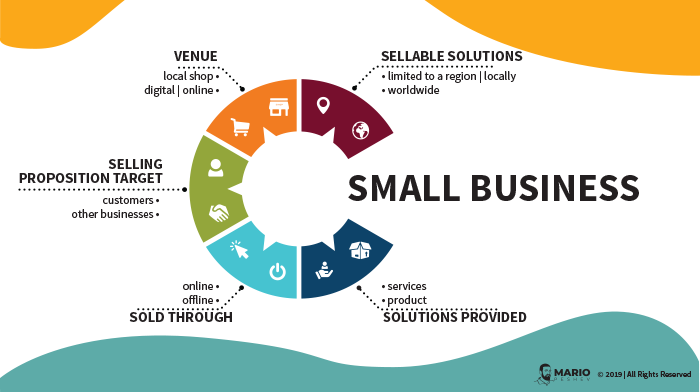
The type of solutions provided by small businesses could be:
- Services
- Products
Those could be sold:
- Offline
- Online
The selling proposition may be targeting:
- Other businesses
- Consumers
The main sales venue could be:
- A local shop
- Digital (everything online)
The “sellable” solutions could be:
- Limited to a region (again local in the city)
- Worldwide
Different useful strategies are applicable for each of those scenarios. I’ve discussed these categories in my previous article on 8 Different Approaches to Marketing in this series.
Specific Marketing Strategies In Action
Now, depending on all of those considerations, marketing could be targeting different aspects based on the target audience, type of solution, and the available reach. After careful research of the market based on the business specifics, there are various approaches that could be implemented. Here are some examples:
Local Shops Selling to Local Consumers

A flower shop, a massage studio, small supermarket or a coffee shop would be targeting mainly consumers who live in the same area. Marketing could be utilized online and offline.
Online: social media, a website listing the product offers, the ability for clients to subscribe for new offers, deals, and solutions provided from the shop. Online advertising focusing on the interests of the local consumers (often Facebook or Instagram), building a fanbase. You can look up successful businesses in each field and reverse engineer their efforts in order to see what works for the given vertical. A Google Business page that’s easy to find and provide contact details, reservation system and what not.
Offline: brochures, partnerships with other local stores or places with relevant businesses. For example, a massage studio can partner up with hairdressers or cosmetic saloons that target the same type of customers. Creating educational sessions for the business (along with follow-up recurring content online or even over SMS and Facebook Messenger).
B2B Stores for Large Businesses
Online: LinkedIn, or other networks if applicable to the market. Case studies, industry papers, research studies that build proof. More corporate-looking website and overall digital presence. Different sales channels and calculators that allow for creating upfront offers if applicable.
Offline: Attending relevant industry conferences and meetups, building partnerships with other businesses. PR and exposure in local papers and other venues where prospects go to regularly.
Small Consumer Digital Products
Online: social media, a digital shop that supports plenty of payment gateways and currencies. Creative campaigns suitable to the type of customer (a mascot, overall brand identity that’s recognizable, simple online games, raffles, word of mouth referals, ways to enter a specific market or a vertical with potential advocates of the business).
Offline: sponsoring events for consumers, working on great packaging, branding the team (tshirts, mascots at the office, etc).
Large Enterprise Deals Worldwide
Those usually require sales staff handling incoming leads. Enterprise-oriented businesses usually close 1–5 deals a year (again, depends on pricing) and marketing is a slow and steady process. Different approaches are suitable for different clients – from advertisement through partner outreach, direct cold emailing/calling, connecting with influencers, sponsorships, presence at international events or trade shows, etc.
As a rule of thumb, analyzing the target market and building the right buyer personas is a must. Researching the marketing and sales efforts of competitors is the next step, which may reveal plenty of uncovered sources.
You can use tools such as Moz and SEMrush for online research (domain authority, ranked keywords, advertising efforts) or BuzzSumo in order to identify top-ranked content and websites linking to it (opportunities for you as well), and influencers that you may connect with and ask for product reviews, referral programs and other genuine ideas for growing your exposure, traffic, and customer base.
Is Inbound Marketing Superior To Outbound?
It’s not that outbound marketing is less effective.
The buyer’s journey is different now. It takes a longer series of touch points to close a sale. Branding matters. The mix between inbound and outbound becomes more fluid.
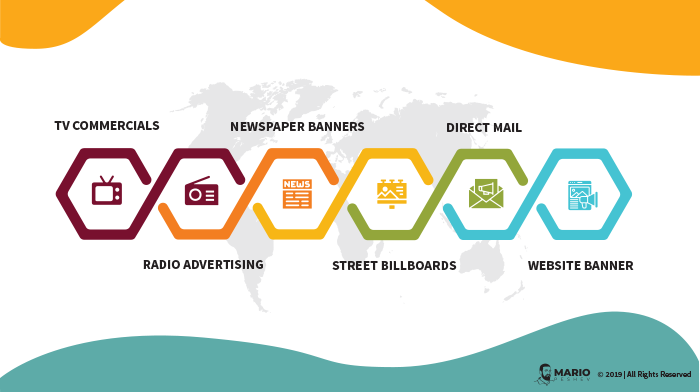
What are some popular outbound marketing channels that are still alive?
- TV commercials
- Radio advertising
- Newspaper banners
- Street billboards
- Direct mail
- Website banners
TV and radio are in decline, the same being valid for newspapers.
Street ads may work for supermarkets and large stores in your local area. They are expensive and not a smart investment for most businesses.
Direct mail? I haven’t received anything useful in my postal mail for many, many years, except for my Inc./Fortune subscription.
What About Website Banners?
40% of all desktop users have an ad blocker installed .
Users report the so-called “banner blindness”, ignoring ads while scrolling through a site. Different studies report over 10,000 displayed banners over the course of a single month.
Consumers get spammed hundreds of times every single day. They grow resilient to marketing and sales campaigns. It’s a matter of survival nowadays.
This is even more challenging for tech companies looking for leads. Promoting digital services in a newspaper or on the radio simply doesn’t sound intuitive!
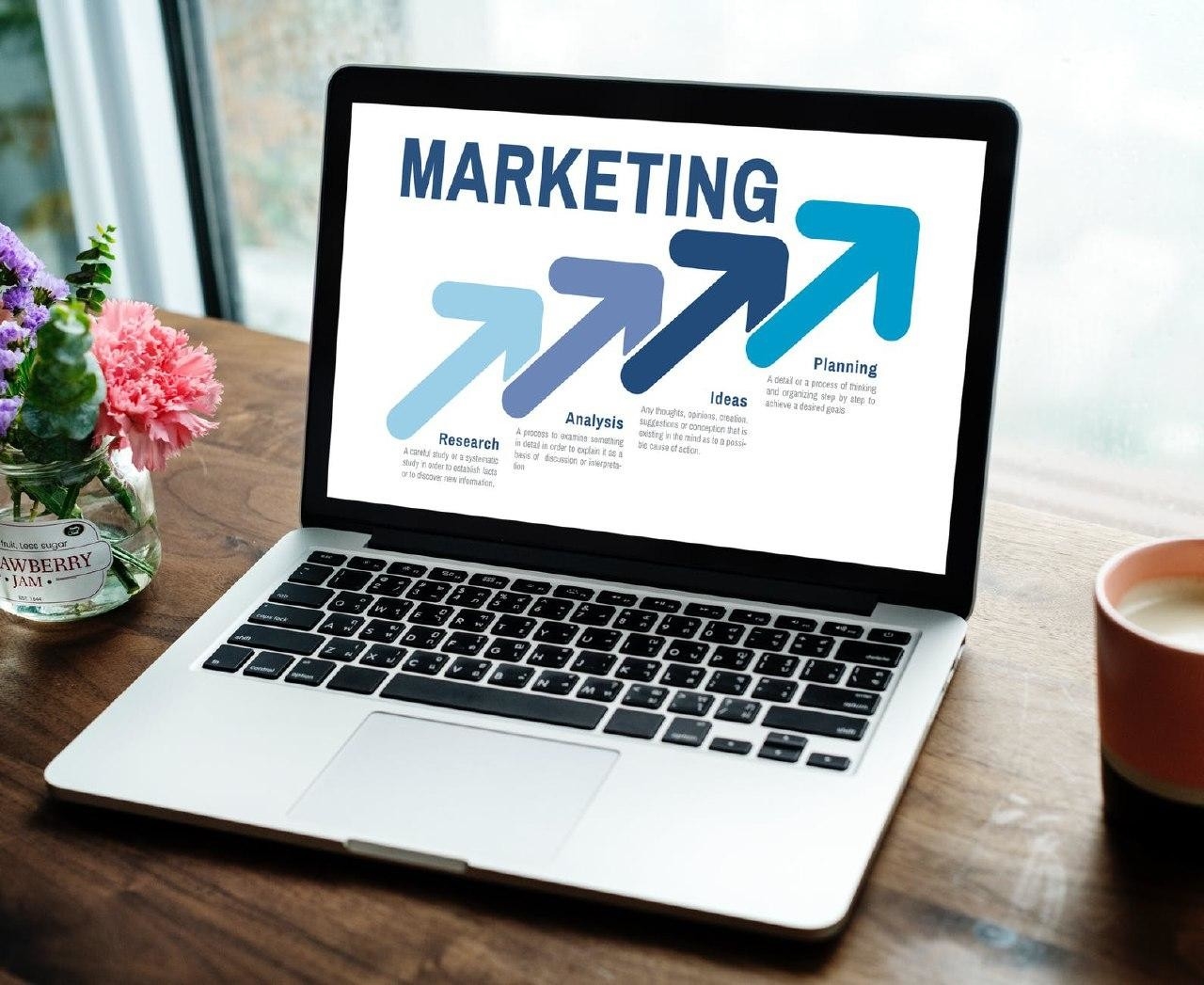
Only the larger and persistent or creative brands survive. But customers now are a lot more educated, they do their due diligence with YouTube reviews, Glassdoor opinions by employees, social media accounts.
Consumers have access to side-by-side reviews of businesses in the same category. And often make the difference between a paid article and a real, human-crafted review.
Outbound marketing still works. It’s more effective in some industries and falls behind in others. But it’s a powerful supplement to sales and inbound marketing campaigns, covering all promotional channels and amplifying the general marketing results for the business.
This article was originally published on LinkedIn Pulse and was reprinted with permission.
Business & Finance Articles on Business 2 Community
(70)

